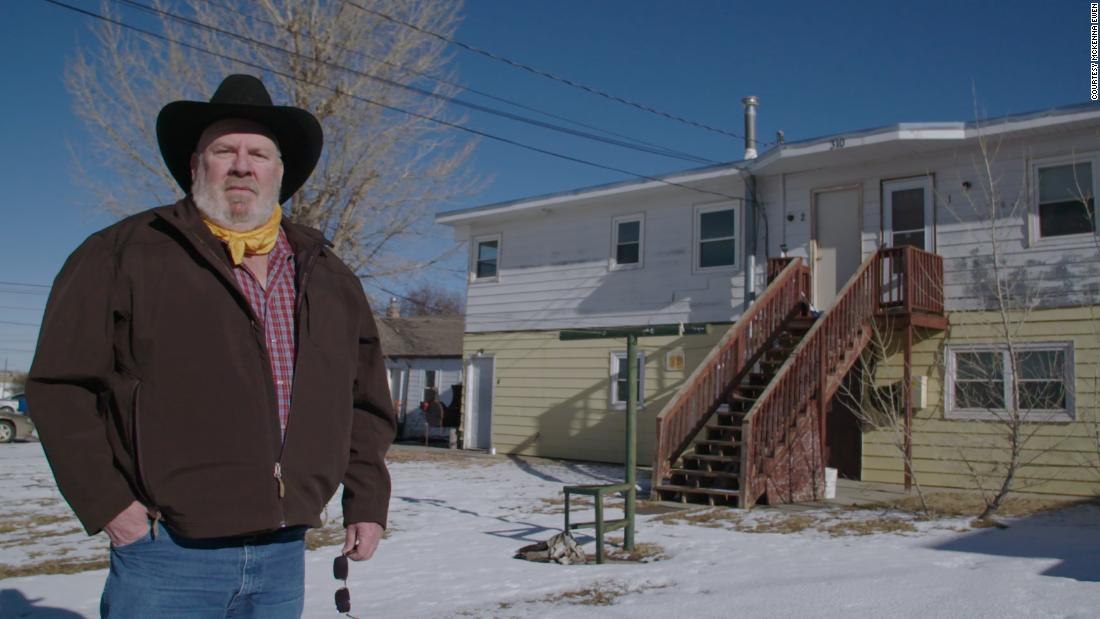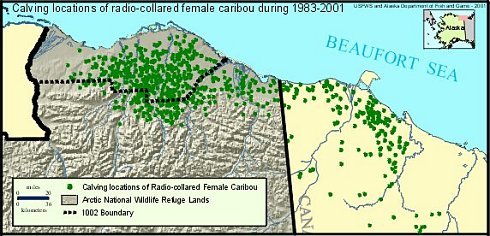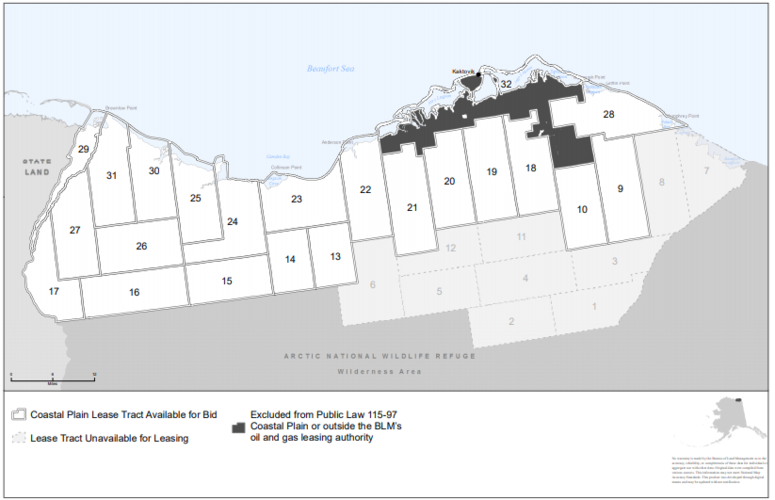SAJ-99
Well-known member
I appreciate the thoughtful response and agree with it all. I too left my home young and single for what I thought was better future, and it worked out. I somewhat get why people don’t. What I don’t get completely, and why I bring up WV as an example, is that in 2016 Clinton campaigned on the idea of retraining people in coal country for other jobs. THe plan was $90B in cost. I thought it had merit, but she easily lost WV, only got about 25% of the vote. She wasn’t asking them to leave, just to embrace change and work toward reaching new goals. I just don’t get it. The reason seemed to be mostly that they blamed Obama for the industry decline. we know this isn’t the reason, the reason is Nat gas and the decline continued under Trump (who still got 70% of vote in 2020). To your point, these people take a beating from both sides but some of it is their own fault. I don’t have solutions, but doing the same thing and expecting a different result is the definition of insanity. Nothing in the world remains static and change is accelerating.What you suggest is the usual path that happens when society requests changes in our natural resource policies. It is painful, but few options are made available to those without political connection.
I've seen the dwindling of a small rural community, first-hand; lived it and left it. I was young, single, and without obligation, so it was easy for me to relocate, as is often suggested that others should do.
To your point of "Why," my personal experiences and interactions with others show a lot of answers to that, a few of which I'll list below.
I had family members who were/are the primary caregivers to other family members. Picking up and moving to a new job was/is not easy for them, sometimes impossible. Most of them stay in these depressed areas out of responsibility and obligation to those they provide care. In many rural areas, this caregiver situation is far more common than many might think. There just isn't the caregiver infrastructure in many places where these type of resource-based economic spirals happen and that responsibility falls to family members.
Many of these folks bought homes and tried to make a go of it in these mostly rural areas. In my case, when the mill shut down, the logging economy hit the skids and property values crashed. When these crashes happen, folks who are expected to move to follow the jobs have homes/mortgages that are way underwater; they are not the beneficiaries of a crazy real estate market we have here in Bozeman today.
When they are expected to relocate to where the jobs exist the options come with some tough decisions; either default on their mortgage by walking away or taking all the savings they might have to pay the difference in how much their mortgage is upside down. Pretty hard to pack up a family and move to a much higher cost location when you are defaulting on a mortgage and/or bringing no home equity with you to restart a new life somewhere else.
Many are small business owners. They have business loans, employees, and other obligations. They are lucky to liquidate their equipment and facilities for what debt balance exists. They end up with no equity, often defaulting on their business loans if they leave. Not that easy for them to pack up and move, leaving behind an entire life's investment in their version of the American Dream.
I've witnessed that in most instances, moving to the jobs and doing as you say is the eventual outcome for most, though it might take decades for the migration to complete. Most these folks know that eventual reality, but a life of dreams is hard to give up on, so they search and fight to find a way to change that eventuality.
For these folks, whether they stay or migrate, it is very difficult. The concerns tend to be discounted by politicians and economic theory promoters. Those theories assume everyone has skill mobility and low-hurdle migration options. That's just not the case.
These changes come with a ton of turmoil and consequence that is hard to measure, as it shows up in divorce rates, suicides, broken families, and other social fractures. These folks know that reality and they resist change in hopes that they can avoid this turmoil, though they seldom do avoid it.
When they voice their concerns that come with policy changes that impact resource industries, it is a social protest against the changes to their reality that bring forth a decision between multiple bad options. It is why they often vote the way they do, knowing many urban folks have bought into the mobility theories, of which these folks are the lab rats. I think we would do a lot better by listening and addressing those concerns, maybe even finding ways to soften the financial impacts imposed on these folks.
If AIG, Wall Street, and the automakers were "too big to fail" in 2008/09, I think the same could be said of Libby, MT and its timber industry, or Rangely, CO and its natural gas industry, or Gillette, WY and its coal industry, or Colstrip, MT and its electrical generating economy, or Koochiching Country, MN and its logging/paper/timber economy, or (insert here). I'd way rather see tax money or more US Treasury debt used for those folks than the well-connected dudes who usually get bailed out.
Yet, as a society, we've decided that the folks on the blunt end of the resource policy hammer are "just the right size to fail." Neither party has cornered the market on bludgeoning these folks with policy changes, as it seems to happen in many different situations under many different administrations. And both sides seem to share the same lack of concern for the folks who are doing the bleeding, crying and dying when the policy pendulums swing. I guess that is why politics is the science of picking winners and losers and political donations are the insurance premiums paid to insure being a policy winner.
Wish it was different, but what you mention is the expectation in our society. When faced with no other options, migrating becomes the eventual reality for most these folks. And with that migration comes the turmoil and disruptions that don't get recorded in the simplicity of most our economic measurements.
I am thankful for the good fortune that was my tailwind when that reality was part of my life. I came out the other end better than I could have ever asked for. Many family and friends were not so lucky.








